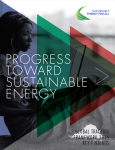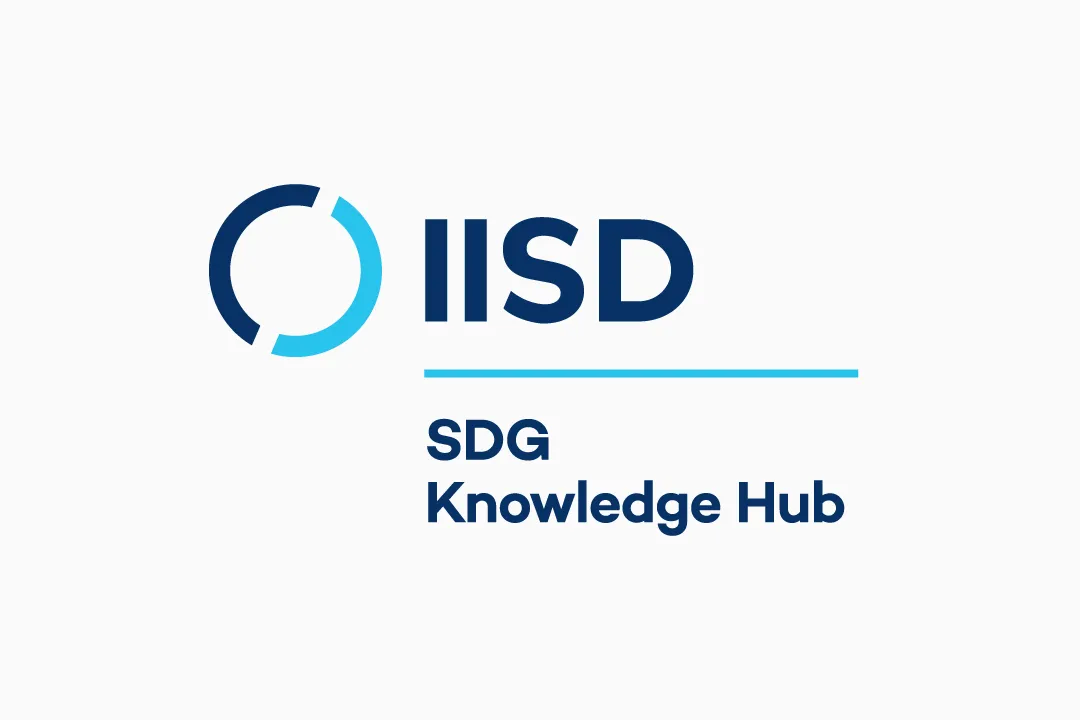 18 May 2015: According to the second edition of the Sustainable Energy for ALL (SE4ALL) Global Tracking Framework, the world has made more rapid progress on sustainable energy during 2010-2012 than the period from 1990-2010, measured in the first edition of the Framework. The report cautions, however, that efforts must further accelerate to achieve SE4ALL’s three goals of: doubling the share of renewables in the global energy mix; doubling the global rate of energy efficiency improvement; and ensuring universal access to modern energy by 2030.
18 May 2015: According to the second edition of the Sustainable Energy for ALL (SE4ALL) Global Tracking Framework, the world has made more rapid progress on sustainable energy during 2010-2012 than the period from 1990-2010, measured in the first edition of the Framework. The report cautions, however, that efforts must further accelerate to achieve SE4ALL’s three goals of: doubling the share of renewables in the global energy mix; doubling the global rate of energy efficiency improvement; and ensuring universal access to modern energy by 2030.
Titled ‘Progress Toward Sustainable Energy: Global Tracking Framework 2015,’ the report, launched at the Second SE4ALL Forum in New York, US, finds that the fastest gains have been made in energy access, with the number of people lacking electricity falling from 1.2 billion to 1.1 billion in the two years between 2010-2012, mainly in urban centers of South Asia and Sub-Saharan Africa. Progress on clean cooking fuels has been slower, however, with 2.9 billion people still using biomass fuels like wood and dung, primarily in East Asia, South Asia, and Sub-Saharan Africa.
Anita Marangoly George, Senior Director of the World Bank’s Energy and Extractives Global Practice, said that despite strides made towards ending energy poverty, “we are far from the finish line.” She added, “We will need to work a lot harder especially to mobilize much larger investments in renewable energy and energy efficiency” by “leveraging public finance to mobilize private capital.”
The report finds that the current annual 4 percent growth in modern renewable energy such as hydro, wind and solar, while rapid, is short of the 7.5 percent growth needed to meet the 2030 SE4ALL renewable energy target. Likewise, global energy efficiency, measured as the ratio of economic output to energy consumption, fell by an average of 1.7 percent per year from 2010 to 2012, less than the 2.6 percent annual reduction needed for the 2030 target.
To close the gap, the Framework calls for tripling annual energy investments from US$400 billion to US$1 trillion – US$1.5 trillion. Between US$40 billion and US$100 billion of that sum would provide universal electricity access, and US$4.3 billion would be enough to provide universal access to clean cooking fuels. The report also recommends: adopting modern methods of measuring energy access; transferring knowledge and technology for sustainable energy to low-capacity countries; and addressing the links between energy and other development sectors, including water, agriculture, gender and health.
The Global Tracking Framework is a joint publication of the World Bank’s Energy and Extractives Global Practice, World Bank’s Energy Sector Management Assistance Program (ESMAP) and the International Energy Agency (IEA), with the support of 20 international and non-governmental organizations. [World Bank Press Release] [Publication: Progress Toward Sustainable Energy: Global Tracking Framework 2015] [IISD RS Story on Launch of Global Tracking Framework] [IISD RS Story on Second SE4ALL Forum]
SDGs
Issues
- Agriculture & Food Security,
- Biomass & Bioenergy,
- Energy Efficiency,
- Mitigation,
- Energy Poverty/Access,
- Climate Change,
- Hydropower,
- Economics & Investment,
- Renewables,
- Energy,
- Solar,
- Gender,
- Wind,
- Human Settlements & Population,
- Industrial Development,
- Poverty Eradication,
- Science,
- Sustainable Development,
- Water & Sanitation

